Recently, anglers, guides, and others have reported a drastic decline in the south Florida barracuda population. In response to their concerns, FWC is considering improving regulations for barracuda to help the population recover.
On September 3rd, FWC will be voting on new regulations to help protect south Florida’s troubled barracuda population. The following are the proposed rules going to vote at the meeting, as well as a BTT-collaborator letter to FWC Division of Marine Fisheries Management Director, Jessica McCawley, suggesting proactive regulations for barracuda that includes a request for no commercial harvest.
Proposed size rule:
-slot limit in the form of a minimum size limit of 15 inches and a maximum size limit of 36 inches that would apply to both recreational and commercial fisheries
-only apply in state and federal waters off Collier, Monroe, Miami-Dade, Broward, Palm Beach, and Martin counties
Proposed bag limit:
-daily recreational bag limit of two fish, a daily commercial trip limit of 20 fish, and a daily commercial vessel limit of 20 fish
-Only apply in state and federal waters off Collier, Monroe, Miami-Dade, Broward, Palm Beach, and Martin counties
Click here to sign your name in support of the following letter.
The Division of Marine Fisheries Management
Division Director Jessica McCawley
Florida Fish and Wildlife Conservation Commission
Farris Bryant Building 620 S. Meridian St.
Tallahassee, FL 32399-1600
Dear Director McCawley:
We commend you for the work of you and your staff that resulted in improved regulations for bonefish, tarpon, and permit. These new regulations improved the outlook for the future of flats fishery in the Florida Keys that brings an economic value of $465 million annually, not to mention the positive effect on the fisheries for tarpon and permit that occur throughout the state. However, we note another troubling trend that we and our partners feels requires the immediate attention of the Florida Fish and Wildlife Commission: all indications are that the Florida Keys barracuda population is in significant decline (in size and abundance). Since barracuda are an important component of the recreational flats fishery, and the recreational fishery in general, in the Florida Keys, this is an item of great importance.
Our survey of fishermen, fishing guides, and scientists in the Florida Keys and South Florida indicates that this decline is due to an unregulated commercial fishery and unregulated recreational harvest for barracuda. As was the case with permit, there are few data on barracuda abundance, size, and harvest. However, those that spend time on the water and whose livelihoods are on the water have noticed a substantial decline in barracuda abundance and size over the past five years, especially in the last few years. This population decline has coincided with an increase in harvest of barracuda – primarily by the commercial sector, but also by recreational fishermen. In fact, FWC’s limited data on barracuda support this observation: commercial landings of barracuda increased by 65% in 2012.
Before there is an irreversible population decline of barracuda, management action is needed. Therefore, we urge FWC to follow the same process they used to address the bonefish, tarpon, and permit fisheries to obtain the necessary data to better regulate the barracuda fishery, and to take the responsible and precautionary approach to implementing regulations that will protect the barracuda population while the necessary information is being obtained.
In addition to the importance of barracuda to the economically important recreational flats fishery of the Florida Keys, they are also an important component of the flats ecosystem. Next to sharks, barracuda are likely the top predator on the flats, so should receive the same protection that FWC recently provided to many shark species. Finally, since barracuda are known carriers of ciguatoxins and the commercially harvested barracuda become part of the South Florida seafood market (although frequently marketed as another species), there is considerable and growing concern about the health risks posed to consumers. KeysKeeper, Bonefish and Tarpon Trust, and the Lower Keys Guides Association collectively request that barracuda become a top priority for FWC. .
Thank you for considering our request and for your public service. We look forward to your response.
Very truly yours,
Kasey Fey – Project Manager, KeysKeeper Inc.
Dr. Aaron J. Adams – Lead Scientist, Bonefish and Tarpon Trust
John O’Hearn – Director, Lower Keys Guides Association




